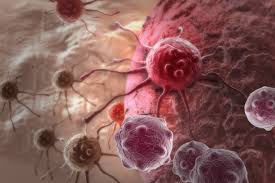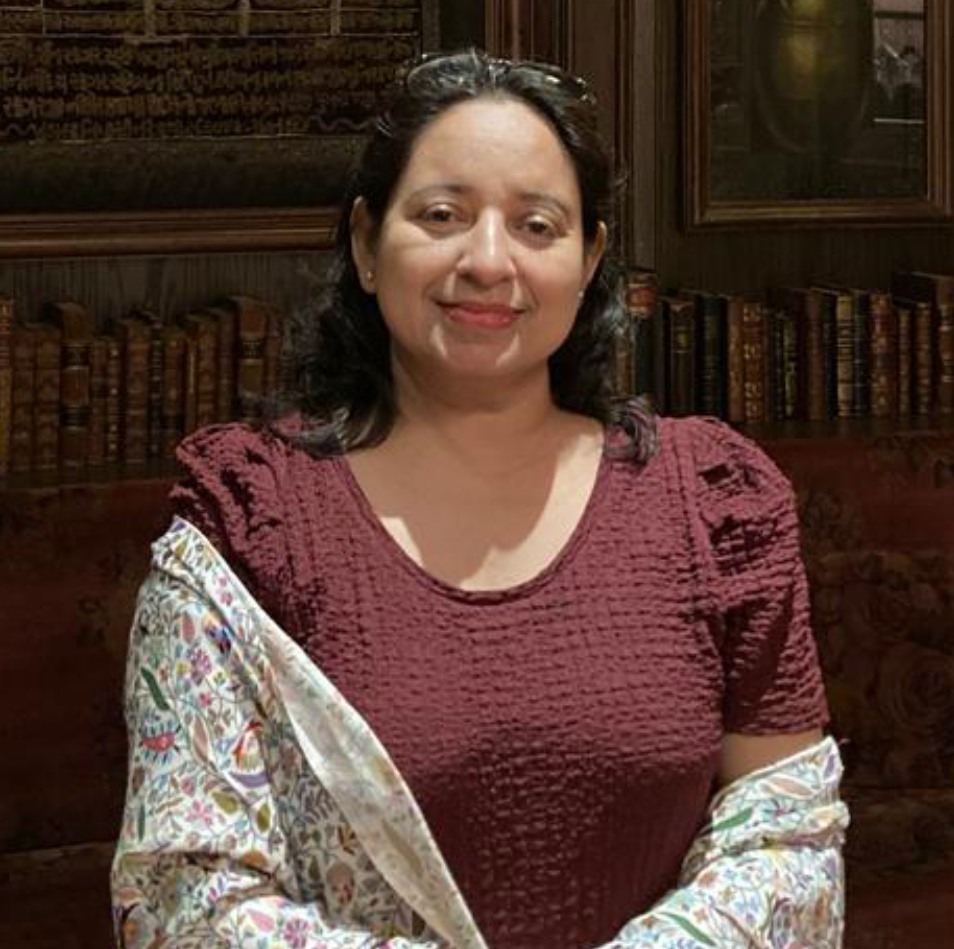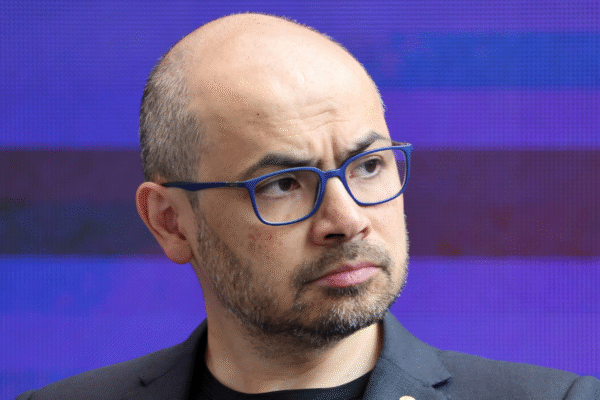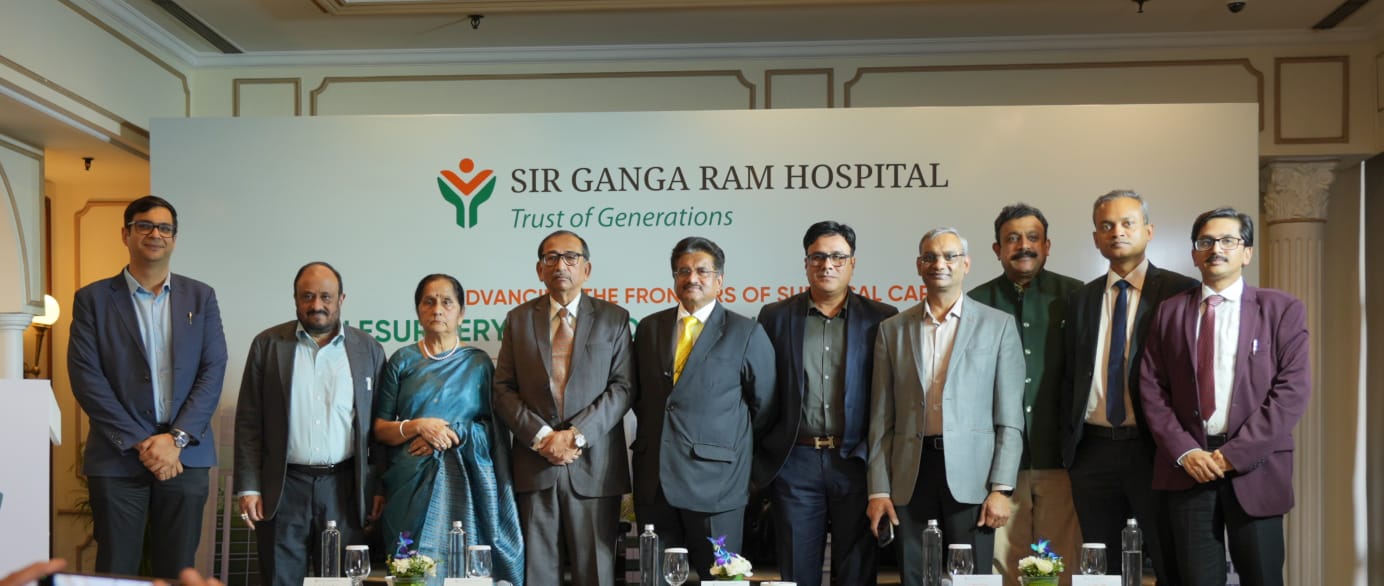

Cancer in Non-Tobacco Users and Ayurveda and Dietary Support
Cancer in non-tobacco users is on the rise, challenging long-held beliefs about who is most at risk. Once seen mainly as a smoker’s disease, cancer now affects even those who lead healthy lifestyles. As the world searches for relief, many are exploring Ayurveda support and dietary approaches to reduce suffering and support recovery.
The World Health Organization (WHO) reported 21.7 million new cancer cases in 2025, up from 19.3 million in 2020 — and over 10 million deaths. This sharp increase affects not only smokers and high-risk groups but also many people with healthy lifestyles. Even in regions previously considered low-risk, such as rural South Asia and Africa, cancer cases are rising.
Ayurveda in Cancer Care for Non-Tobacco Users
Experts identify many causes behind this surge. Air pollution, especially fine particulate matter (PM2.5), plays a leading role in urban areas. The widespread use of pesticides, industrial chemicals, processed foods, plastic packaging, and hormone-disrupting substances in cosmetics and household products contributes to hormonal and cellular imbalances. Genetics also influences cancer risk. Even without harmful habits, people may carry gene mutations or inherited traits that increase their susceptibility, especially when exposed to environmental stress.
Chronic stress, sedentary lifestyles, poor sleep, and emotional trauma also contribute silently to cancer development. While no single factor causes cancer alone, together they create conditions that allow cancer cells to grow and spread.
Chemotherapy: A Double-Edged Sword
Allopathic treatments like chemotherapy, radiation, and targeted drugs have saved millions of lives. However, these treatments also cause severe side effects. Chemotherapy attacks rapidly dividing cells but damages healthy cells in the blood, digestive tract, skin, and immune system.
Patients often suffer nausea, vomiting, fatigue, anemia, hair loss, low immunity, infections, and long-term organ damage. Some patients become too weak to continue treatment. Others experience side effects long after remission. For many, chemotherapy feels almost as cruel as cancer itself.
How Ayurveda and Dietary Support Help Cancer in Non-Tobacco Users
Many cancer centres now explore Ayurveda and dietry support strategies to cure cancer. Ayurveda focuses on restoring harmony within the body’s systems, strengthening digestion (agni), detoxifying tissues (ama), and calming the mind (manas).yurvedic herbs. Early research shows curcumin and withaferin A (from ashwagandha) have anti-inflammatory, antioxidant, and potential anti-cancer effects. However, more clinical trials are necessary before these herbs become standard cancer treatments.
Though Ayurveda does not claim to cure cancer, it offers therapies that may improve quality of life, and boost vitality. Herbal formulations like turmeric (curcumin), ashwagandha, guduchi (Tinospora cordifolia), and amalaki reduce inflammation, support liver function, and strengthen immunity. Traditional therapies such as Abhyanga (body massage) and Shirodhara (oil pouring on the forehead) relieve anxiety, improve sleep, and calm the nervous system -all vital during treatment.
The Role of Diet: Balancing pH and Nourishing the Body
Diet plays a central role in Ayurveda and cancer care. Emerging evidence suggests that cancer cells thrive in acidic environments. In contrast, a slightly alkaline internal environment may inhibit their growth.
While the body tightly controls blood pH, diet can influence tissue health and metabolism. Eating alkaline-forming foods like fruits, vegetables, soaked nuts, and plant-based milks may help maintain a healthier internal blood PH balance.

In 2025, cancer continues to rise, affecting more people, including many who never smoked. The need for holistic, patient-centered care has never been greater. The numbers tell a sobering story: 21.7 million new cases and 10 million deaths worldwide.

Prabha Gupta is a veteran journalist and civic thinker dedicated to the constitutional ideals of dignity and institutional ethics. With over thirty years of experience in public communication, her work serves as a bridge between India’s civil society and its democratic institutions. She is a prominent voice on the evolution of Indian citizenship, advocating for a national discourse rooted in integrity and the empowerment of the common citizen









